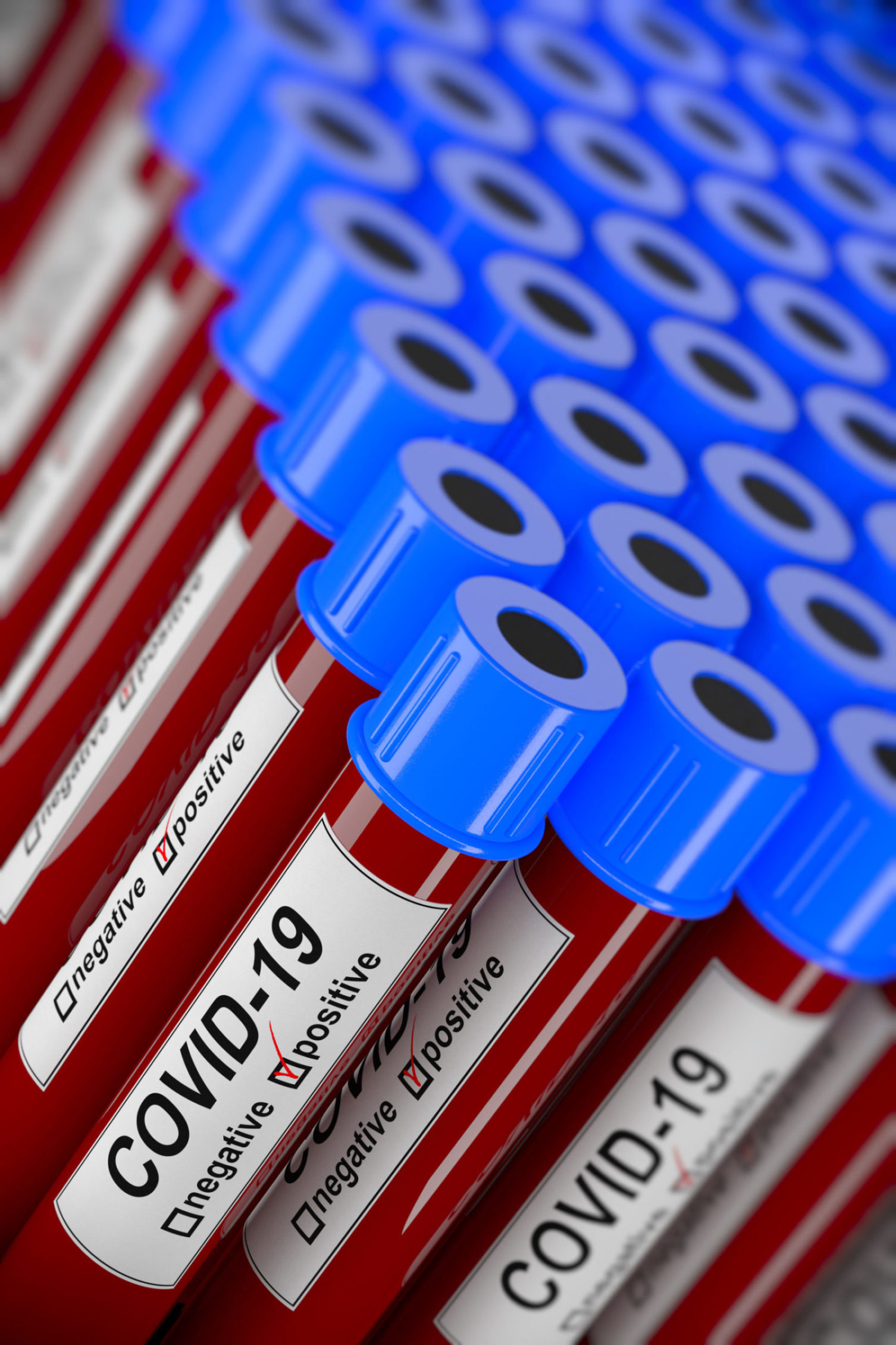
On December 10, 2020, the U.S. Department of Health and Human Services (HHS), Office for Civil Rights (OCR) released a proposed rule that would revise the Health Insurance Portability and Accountability Act of 1996 (HIPAA).
In its news release, OCR noted that the changes “seeks to promote value-based health care by examining federal regulations that impede efforts among healthcare providers and health plans to better coordinate care for patients.” The proposed changes come on the heels of the recently delayed Information Blocking Rule, which seeks to prohibit interferences with access, exchange, or use of electronic health information (EHI). The key proposed changes are discussed below.
Continue Reading Department of Health and Human Services Releases Proposed Changes to HIPAA





